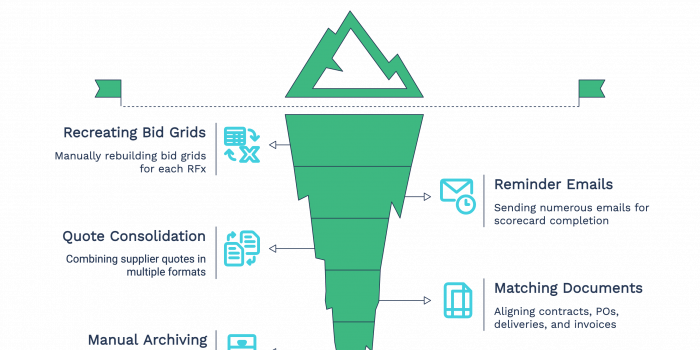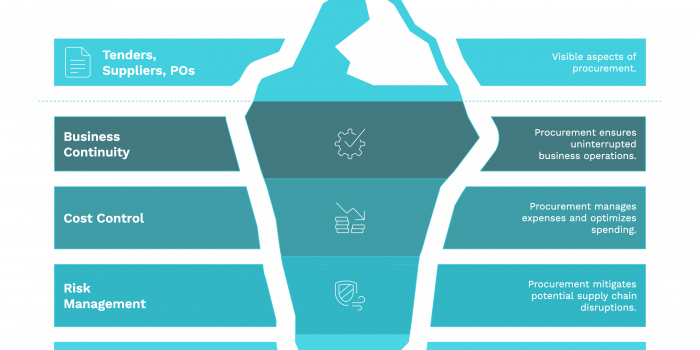The Dos and Don’ts of Participating in Public Procurement
To DO or NOT to do? Here’s a list of some of the important things that you, as a tendering entity, needs to be cognizant of as you engage in public tendering.

When it comes to procurement, there are a few differences between the private sector and the public sector requirements (and processes). Though minimal, it is important to take note of such details as they matter when it comes to getting or losing marks during the tender evaluation process. do donts public tendering
Here’s a list of some of the important points that you as a tendering entity needs to be cognisant of as you engage in tendering:
The DOs:
During the Tender Preparation phase
- Read and understand the public procurement law as published by Public Procurement Regulatory Authority (PPRA)
- Read and understand the eligibility requirements in the tender document. These changes with each tender type and procuring entity so keenly through each item in detail. (Scale provides a digital checklist to assist with this process).
- Consolidate all the documents required in the tender document and ensure you have all information when preparing your bid.
- Seek clarifications from the procuring entity in writing when not clear about any requirement. Always do this in writing and using only the provided channels as indicated in the tender document.
- Demonstrate that you are qualified for the tender.
- Fill the documents by hand and with indelible ink.
- Countersign and stamp all alterations as guided.
- Provide all information required by the Procuring Entity in the tender document
- Indicate all costs i.e. quote the total price, including transport, insurance, design, maintenance etc
- Include and indicate all duties, taxes and other levies.
- Ensure your quotation has the right validity period.
- Ensure the bid security has the right validity period.
- Fill the tender documents as instructed.
- Quote in the currency (or currencies) acceptable to the public entity. Equally confirm the currency which will be used during payment.
- Serialize all your documents in your proposal.
- Bind your documents to ensure some pages are not detached and lost.
When doing the Bid Submission
- Submit the documents as per the specific instructions provided e.g. Submit your bid sealed in an envelope and clearly labeled as per instruction
- Submit your tender document before submission deadline
- Always retain a copy of your tender document.
- Where possible attend the tender opening or send a representative to witness the opening.
After Opening of The Bids
- Maintain confidentiality by ensuring you do not interfere / communicate with the public entity during evaluation
- Accept correction of arithmetic errors when notified by the Public entity
- Ensure all communications to the Procuring Entity is in writing
- Extend your bid validity period if requested
After Bid Award – Contract Execution And Implementation
- Sign the contract if successful
- Provide performance guarantee if required
- Perform the obligations of the contract
The DON’Ts
- Do not submit your tender documents past the deadline of submission.
- Do not solicit for information / communicate with the public entity after the tender submission deadline.
- Do not bribe or engage in any corrupt practices to try and get an unfair advantage for your business.
- Do not assume or underrate any requirement in the tender document. All requirements will be considered during the bid evaluation process.
- Do not use intermediaries/brokers
- Do not make reference to brand names, catalog numbers or similar classifications unless specified in the tender document.
- Do not modify or withdraw your bid after the submission deadline.
Well, there you go! The above is our quick list of Dos and Don’ts that every person doing tendering should always remember. Do you know any additional things that should be included in this list? Leave a comment below and we will be sure to update the list. do donts public tendering








